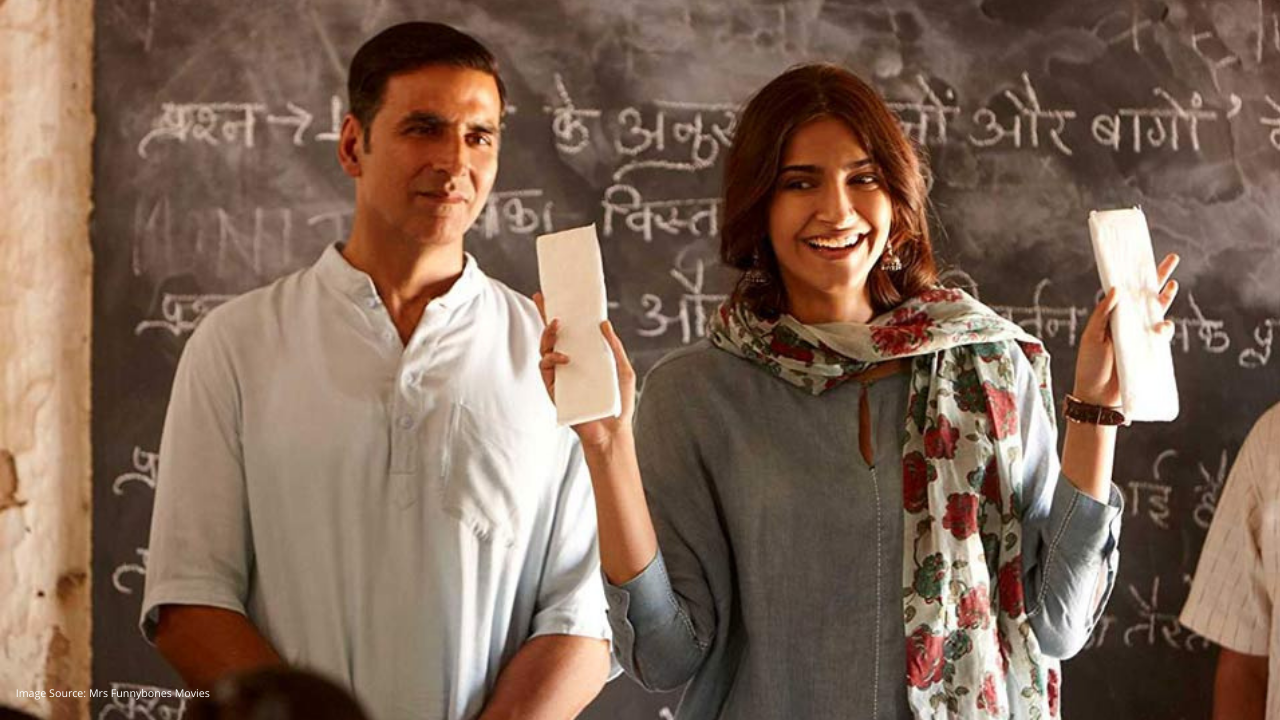Why We Can’t Afford to Let Menstrual Education Take a Backseat
The magic of reproduction exists because of the fact that we women menstruate. The menstrual cycle has a huge impact on the physical and mental well-being of women.
Amid a life-threatening pandemic like COVID-19, menstrual issues have taken a back seat.
On a personal level, I faced a lot of issues due to this lockdown. There was a drop in my physical activity and the lack of exercise increased the intensity of pain caused by period cramps, while the continuous news about the pandemic took a toll on my mental health as well, which was clearly reflected in my periods.
Feeling low for no reason, emotional breakdowns were the culminated result of social isolation and the lockdown. I dealt with this stress by meditating and practicing basic yoga.
The internet, media, radio, all the platforms spoke of the pandemic all the time. Though the purpose of the continuous updates on the pandemic was to keep us well informed, it also filled us with fear of the uncertainty that we are going through.

Among all the national and international happenings across the world, menstrual health took the last place in the list of global concerns.
One way through which we can reach out to every household about menstrual health awareness is through television. A whopping 2 billion people watch television. News about menstrual health should be normalized on television, as this helps on a very large scale to remove the stigma surrounding it.
Next comes social media platforms. Teens and young adults are active users of these platforms, and putting up informative and graphic visualizations of menstrual issues would help raise awareness.
Today’s youth are the catalysts for change, and hence educational institutions along with their online classes should spare some time for conducting webinars on menstrual health and mental health.
Schools and colleges have to find creative ways to educate their students about menstrual health even though it doesn’t come under their official syllabus because it is a social and moral responsibility to do so. This would ensure that we mould rational citizens who wouldn’t stigmatize menstruation as many do now.
The situation is much worse in rural areas where menstrual taboos are common and more prevalent. Many girls are devoid of access to sanitary napkins due to the existing lockdown. This makes rural women more vulnerable to vaginal infections as they have to rely on cloth pieces as menstrual absorbents.
When times were good, there were NGOs educating people in rural areas regarding the importance of menstrual health and in decoding the myths around menstruation, but the pandemic has put a pause on such activities.
The government and several institutions are trying their very best to reach out to people in remote areas in terms of food and basic facilities and sanitary napkins must be included in the list of basic facilities as well. Although the voice of women from these areas is not amplified, it is quite obvious that they’re deprived of basic menstrual needs due to many reasons such as a lack of finances, a lack of access to pharmaceutical stores, etc.
In a country like India, menstruation has always been a topic that is spoken of behind curtains or as something which has to be whispered in the ear. Though menstrual myths are being addressed and resolved, there are still many places where the internet and TV haven’t reached yet, and so slow and consistent efforts are the key approach to such places.
Mindset and thoughts cannot be changed overnight, but slow consistent efforts will definitely bring to blossom, the flowers of change.

Author: Yeshashwini Ramachandra
Yeshashwini is an engineering student from Bengaluru, Karnataka. She is a staunch believer in feminism, believes in kindness and compassion, and hopes that very soon this world is going to be a gender-equal space.
Edited by: Divya Rosaline





